The digital marketing landscape is evolving rapidly, shaped by advancements in technology and changing consumer behaviors. As we move further into the digital age, businesses must stay ahead of the curve to remain competitive. This article explores the emerging trends and technologies shaping the future of digital marketing and offers insights on how businesses can adapt to these changes.
1. The Rise of Artificial Intelligence (AI) in Marketing
Artificial Intelligence is transforming how marketers operate, enabling more efficient and personalized campaigns.
Key Applications of AI in Digital Marketing
- Chatbots and Customer Support: AI-powered chatbots provide instant responses and 24/7 customer support, improving user experience.
- Personalized Recommendations: AI analyzes user behavior to deliver tailored product and content recommendations.
- Predictive Analytics: By forecasting trends, AI helps businesses make data-driven decisions.
The Impact of AI on Marketing Strategies
AI streamlines tasks like content creation, ad targeting, and email personalization, freeing up time for marketers to focus on strategic planning.
2. Voice Search Optimization
With the proliferation of smart speakers like Amazon Echo and Google Home, voice search is becoming a dominant way for users to interact with technology.
Adapting to Voice Search
- Focus on Natural Language: Voice searches often involve conversational phrases. Optimize content with long-tail keywords and question-based phrases.
- Structured Data Markup: Implement schema markup to help search engines understand your content better.
- Mobile Optimization: Ensure your website is mobile-friendly, as most voice searches happen on mobile devices.
Why Voice Search Matters
By 2024, it’s estimated that over half of all online searches will be voice-based, making it crucial for marketers to optimize for this trend.
3. The Growth of Video Marketing
Video content continues to dominate as a preferred medium for users to consume information. Platforms like YouTube, TikTok, and Instagram Reels have become integral to digital marketing strategies.
Also Read
Emerging Video Trends
- Short-Form Videos: Quick, engaging videos are capturing attention on platforms like TikTok and Instagram.
- Interactive Videos: Features like polls, quizzes, and clickable links in videos enhance engagement.
- Live Streaming: Real-time interaction through live streams builds trust and fosters community engagement.
Why Video Marketing Works
Videos are highly shareable, visually appealing, and can convey complex messages quickly, making them a powerful tool for building brand awareness.
4. The Role of Augmented Reality (AR) and Virtual Reality (VR)
AR and VR are revolutionizing the way consumers interact with brands.
Applications of AR and VR in Marketing
- Virtual Try-Ons: Retail brands allow customers to try on products virtually, enhancing the shopping experience.
- Immersive Storytelling: VR creates engaging, immersive brand stories that captivate audiences.
- Interactive Advertising: AR-enabled ads let users interact with products in unique ways.
Future Potential
As AR and VR technologies become more accessible, their integration into digital marketing will grow, offering new ways to engage with audiences.
5. Privacy-Centric Marketing
With increasing concerns over data privacy, regulations like GDPR and CCPA are reshaping digital marketing practices.
How to Adapt to Privacy Changes
- First-Party Data Collection: Focus on collecting data directly from customers through surveys, sign-ups, and loyalty programs.
- Transparency: Clearly communicate how you use customer data.
- Consent-Based Marketing: Ensure all data collection practices comply with privacy laws.
The Importance of Trust
Brands that prioritize user privacy will build stronger, more trustworthy relationships with their audience.
6. The Evolution of Social Commerce
Social media platforms are increasingly integrating e-commerce features, enabling users to shop directly within the app.
Key Social Commerce Features
- Shoppable Posts: Instagram and Pinterest allow businesses to tag products in posts.
- Live Shopping Events: Real-time product demonstrations drive sales and engagement.
- In-App Checkout: Simplifies the buying process by allowing purchases without leaving the platform.
Why Social Commerce Is Important
As social media becomes a primary shopping destination, businesses must leverage these tools to capture more sales.
7. Influencer Marketing 2.0
Influencer marketing is evolving from celebrity endorsements to micro and nano-influencers who offer authenticity and niche audiences.
Future Trends in Influencer Marketing
- AI-Powered Influencer Discovery: Use AI to identify influencers who align with your brand.
- Performance-Based Collaborations: Focus on measurable results, such as conversions and ROI.
- Brand Ambassadors: Long-term partnerships with influencers build credibility and consistency.
Why This Works
Consumers trust influencers for recommendations, making them a powerful channel for driving awareness and sales.
8. The Integration of Blockchain Technology
Blockchain is introducing transparency and security to digital marketing.
Applications in Marketing
- Ad Fraud Prevention: Blockchain verifies ad impressions, reducing fraud.
- Secure Payments: Cryptocurrencies provide an alternative, secure payment method.
- Data Ownership: Gives users control over their data, fostering trust.
Future Outlook
As blockchain technology matures, its impact on digital marketing will increase, particularly in areas like transparency and data security.
9. The Continued Importance of Content Marketing
Despite technological advancements, high-quality content remains king. However, the way content is created and consumed is changing.
Trends in Content Marketing
- AI-Generated Content: Tools like ChatGPT and Jasper.ai streamline content creation.
- Interactive Content: Quizzes, polls, and interactive infographics boost engagement.
- Personalized Content Experiences: Deliver tailored content based on user preferences and behavior.
Why Content Still Matters
Quality content builds trust, drives organic traffic, and establishes authority in your niche.
10. Omnichannel Marketing
The future of digital marketing lies in creating seamless customer experiences across multiple channels.
Key Strategies
- Unified Messaging: Maintain consistent branding across email, social media, and ads.
- Cross-Channel Analytics: Track customer journeys across platforms for a holistic view.
- Integrated Tools: Use platforms like HubSpot or Salesforce to manage omnichannel campaigns.
The Goal
Omnichannel marketing ensures customers have a consistent and personalized experience, regardless of the platform they use.
The future of digital marketing is an exciting blend of innovation, technology, and customer-centric approaches. By embracing emerging trends such as AI, voice search, video marketing, and privacy-centric strategies, businesses can stay ahead of the curve and deliver meaningful value to their audience. Staying adaptable and proactive in this ever-changing landscape will be the key to long-term success.



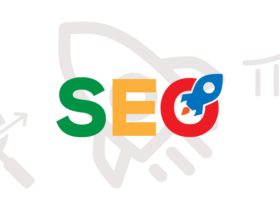


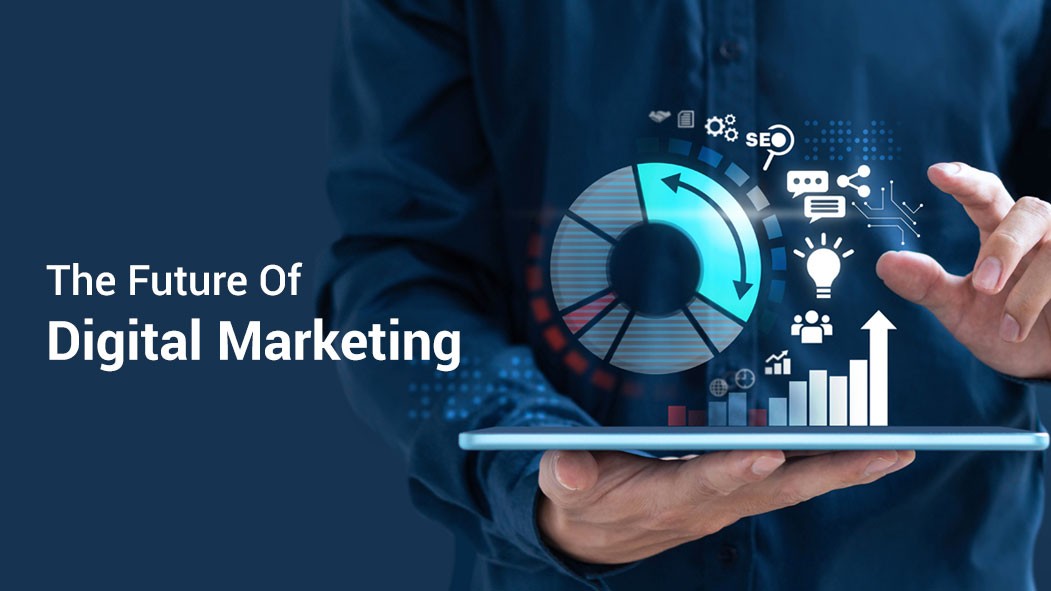





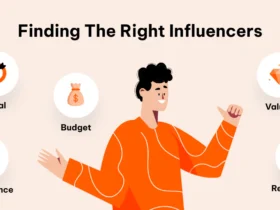


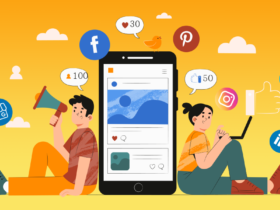
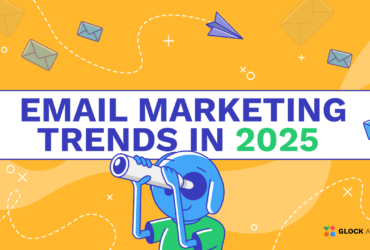
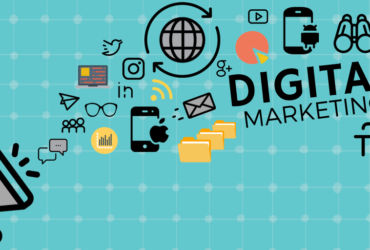
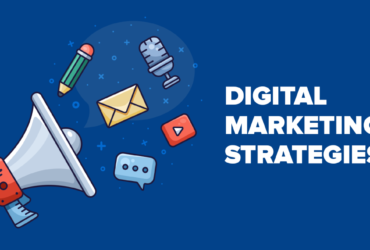
Leave a Reply